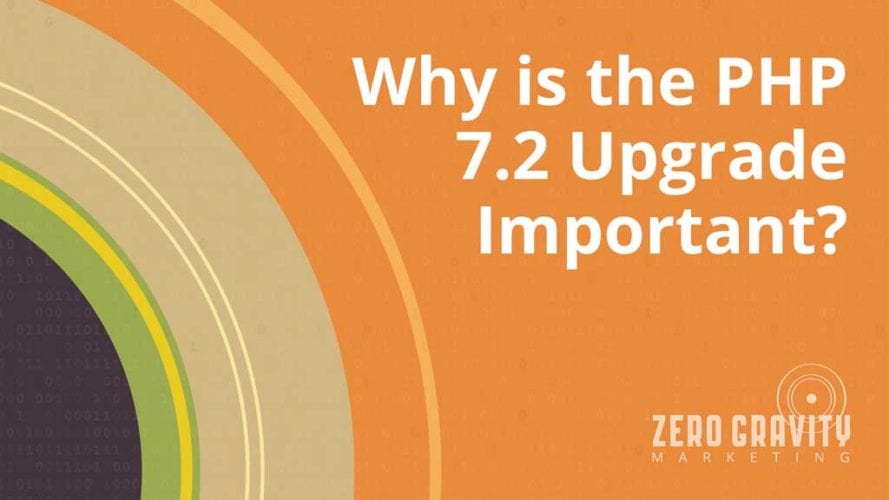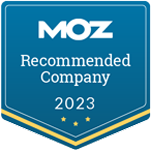PHP is an open-source programming language that’s used by several content management systems (CMSs)—WordPress being the most noteworthy. Like anything else tech-related, PHP goes through upgrades and enhancements every so often so the developers can bring you the latest and greatest project. Also like most tech-related things in life, many companies have chosen to stick with their 5.6 or 7.0 versions of PHP. Both of these forms of PHP are approaching end-of-life by January 2019. This means there will be no more security releases for these versions.
In other words, if you’re still using PHP 5.6 or 7.0, your website could wind up vulnerable to attacks or not running as well as it should be.
PHP 5.6 & 7.0: What Does End-of-Life Mean?
Because PHP is an open-source programming language, it’s a living, breathing part of the internet. It’s constantly being upgraded and developed so users can enjoy the best possible product. Over time, smaller enhancements are performed on each version. However, eventually, major upgrades are completed, which initiate a brand-new version of the programming language. Older versions will also eventually become outdated and reach the end of their useful lives, meaning no more security updates will be released to those versions.
The majority of WordPress sites are still running PHP 5.6 or 7.0 at this time. Soon, these versions will no longer be supported, which leaves them vulnerable to hacking.
PHP 7.2: An Increase in Security and Performance
In today’s world, internet security is obviously at the foremost of most business leaders’ minds. We’ve seen plenty of hacks and attacks in recent years, ushering in a new urgency for security. With PHP 5.6 and 7.0 soon to be past their reasonable lives, you should start upgrading now, if you haven’t already, to eliminate unnecessary vulnerabilities in your site.
That’s not the only thing an upgrade will do, however. PHP 7.2 runs 13% faster than 7.1 and 20% faster than 7.0. It’s 250% faster than PHP 5.6, which is the version more than 40% of WordPress users are still using.
Why is this important? Because speed (or a lack thereof) is one of the biggest determining factors when people visit your site. If your site loads too slowly, people will get impatient and leave, increasing your bounce rates and decreasing your conversions. By giving visitors the fastest possible performance, you’re enhancing the overall user experience and can increase your chances to reel in those visitors and turn them into paying customers.
Outdated Programming Languages: Down with Compatibility
Most people don’t think about the compatibility issues that arise from continuing to use outdated programming languages. Even if WordPress security and speed aren’t a concern to you (which they absolutely should be!), compatibility could be your downfall. As time goes by, end-of-life (EOL) plugins, themes, and software will no longer support older versions of PHP (especially PHP 5.6). Upgrading now will save you time later on when you need to do website upgrades or implement new features.
You may not even realize how reliant on plugins your business actually is. Does your business:
- Utilize online forms?
- Track traffic growth?
- Optimize for SEO?
- Allow users to register on your site?
- Index its pages?
Chances are, you answered “yes” to all of these questions (and if you didn’t, we should definitely chat!) If your site is built on WordPress, you’re likely using plugins for at least some of the aforementioned functions. If you’re using an outdated version of PHP, you may soon find yourself struggling to keep up in a digital world that’s constantly changing.
Do you have questions about the way’s security updates can impact your company’s website? Reach out to our team at Zero Gravity Marketing. We’ll be glad to help you understand why your website’s design involves more than just what people see when they type in your URL.






